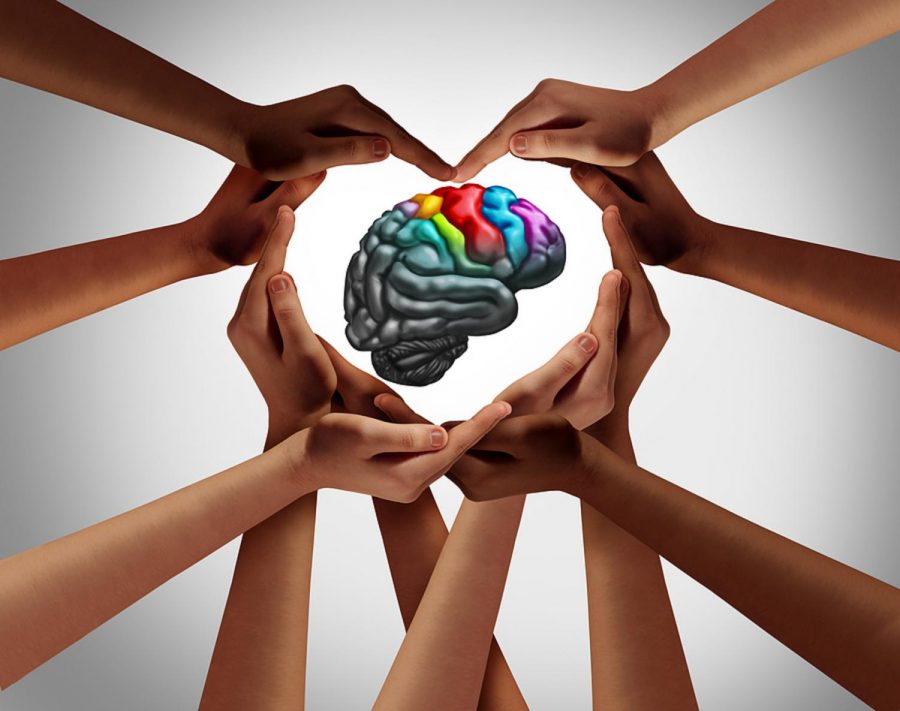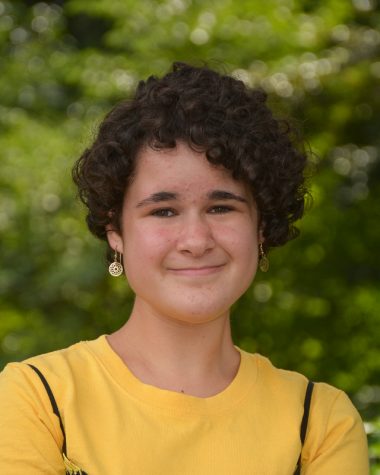Op-Ed: How Therapy Has Helped Me
October 5, 2020
Therapy is just talking, right? Wrong. There are many different ways to have therapy and some involve more work than others.
Most people hear the word therapy and think of sitting on a chair, facing someone, and complaining. Therapy is so much more than that.
Therapy is talking. Therapy can be complaining, but therapy can also be teaching, listening, or just a normal conversation.
I have struggled with anxiety for a long time, but I wasn’t sure what therapy would be like for me before I started. I was scared and concerned that it wouldn’t actually do anything to help me.
When I first started going to therapy, I was about 10 years old. My anxiety felt like it came out of nowhere, but looking back, I can see instances when it was present in my life. I started going to a therapist weekly, and it started to gradually ease my nerves.
My therapy sessions first started with my therapist checking in on how the week was going, and then I would tell her about the most consistent worries from that week.
When I started sixth grade, my anxiety increased. I’m honestly not sure why—maybe it was moving up to middle school or more pressure by those around me to succeed.
After a while, I started seeing a different therapist who focused more on learning strategies. The form of therapy that I practiced with her was called cognitive behavioral therapy, or CBT. I found this really beneficial because, as I realized quickly, it is much harder to use strategies a therapist might suggest when you’re already anxious.
At the end of sixth grade, I was diagnosed with some pretty serious health problems, so therapy wasn’t a main priority for me anymore. I knew I wanted to continue working with someone, but I just didn’t have the time or energy to do so.
While my health issues were being treated, I talked to a child life specialist frequently, but I used most of my time to fight to become stronger.
After, I stopped going to any kind of therapy from eighth grade to tenth grade. I still struggled with feeling anxious, but I was able to manage it better than I had in the past.
Then junior year hit, and I immediately felt so overwhelmed. I knew I needed help, or I wouldn’t feel better for a while. I started therapy again, but this time with a new therapist.
I felt like I had changed so much over the years, and I just needed to start fresh with someone new.
This year I added CBT to my schedule again. I find the work I do is useful for me now, but it will also be beneficial for my life moving forward.
In CBT, I have been learning about cognitive distortions—or thinking traps—and strategies to overcome them. Most people use cognitive distortions daily, so being to recognize them is a good skill.
I fill out logs of my experiences, identify my actions, and so much more. My mental health is improving every day, and I’m so proud of the steps I’m taking to work on myself.
To everyone reading this, as you can see there are different types of therapy, and none of them are the “correct” one to pursue. You’re not weak if you struggle with anxiety or depression, and it’s okay to seek help. Different things work for different people, and I hope you find a strategy that works for you.























































